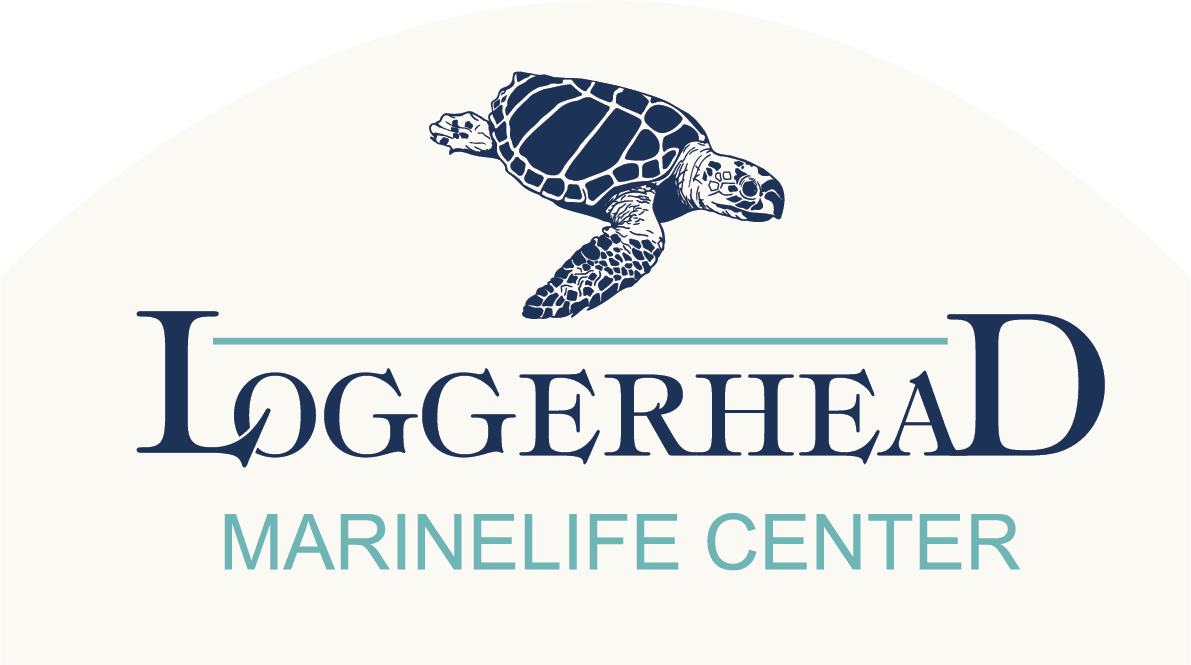
On April 1st each year, individuals and brands globally participate in “April Fools” by engaging in a prank. Although the exact history remains unknown, the day has been celebrated for many centuries. Some brands choose to play a joke on their customers by offering new services others choose to “prank” their competitors. Often, individuals choose to play a prank on their roommate, significant other, or friend.
Over the years, the culture surrounding pranks has boomed past Aprils Fools. In the past few years, a rising trend of YouTube Channels dedicated to hosting pranks has flourished. The prank trend begins long before famous YouTubers with network television featuring shows dedicated to pranks and ridiculous feats.

However, the popularity of YouTube pranksters has escalated pranks to an entirely new level. Online pranks generating millions and billions of views, have inspired online trends of pranks. As TikTok has increased in popularity, its users have also adopted the prank culture – especially during quarantine. Users looked for new ways to gain followers and potentially go viral by pranking their quarantine-mates.
Unfortunately, popular pranks tend to use items that harm the planet, such as using hundreds of balloons to fill a room, placing 100 million gel beads in a backyard, or filling a house with slime. While these pranks may generate laughs, they often have negative environmental impacts. For example, not properly disposing of the gel beads or washing paints used in pranks down the drain.

Unintentionally, these pranksters promote pranks that are environmentally harmful. And unfortunately, some of these pranksters have more than 50 million YouTube subscribers. Since popular YouTubers can generate revenue from the platform, it’s not likely that the prank trend will subside. Tus, it’s important that these YouTubers understand the environmental impacts of their pranks.
Hopefully, with encouragement from environmental organizations and YouTube fans, these prank YouTubers will choose sustainable options. Instead, pranksters can choose pranks that do not contribute to our planet’s waste problem by utilizing materials that are recyclable, environmentally-safe, and plastic-free.

As this trend continues, we ask you to celebrate today in a different way – April Forward, Not April Fools. Today, we encourage you to ditch the prank and instead support sea turtle and ocean conservation. While engaging in a prank may bring laughs, providing care for a threatened or endangered sea turtle can bring joy. With your help, we treated more than 100 sea turtles and 1,000 hatchlings last year. Additionally, we removed 4,517.18 lbs of marine debris from the environment. By paying it forward instead of playing a prank, you can help us improve the health of our sea turtle patients and the planet.
Join Loggerhead Marinelife Center (LMC) in spreading awareness about the potentially harmful impacts of pranks by posting on social media why you choose to support LMC with the hashtag #AprilForward.
___________________________________________________________________________
Annual Fund. We kindly ask that you tap into the giving spirit and donate a tax-deductible donation to our Annual Fund. With every dollar, you are helping us improve ocean water quality, reduce global marine pollution, and rehabilitate sick and injured sea turtles. Thank you for helping us make a positive impact in 2021.
_____________________________________________________________________________
Loggerhead Marinelife Center. Loggerhead Marinelife Center (LMC) is a nonprofit sea turtle research, rehabilitation, and educational institution that promotes the conservation of ocean ecosystems with a focus on threatened and endangered sea turtles. The Center features an on-site hospital, research laboratory, educational exhibits, and aquariums, and also operates the Juno Beach Pier, which hosts world-class angling and sightseeing. Situated on one of the world’s most important sea turtle nesting beaches, Loggerhead Marinelife Center is open daily and hosts over 350,000 guests free-of-charge each year. The Center’s conservation team works with 90 local and international organizations across six continents to form partnerships and share conservation initiatives and best practices that are core to its mission of ocean conservation. The Center is expanding and has launched its Waves of Progress capital expansion campaign, designed to accelerate and amplify LMC’s conservation and education impact. When complete, the facility will offer one of the world’s most advanced and unique experiences for guests and scientific partners. For more information, visit www.marinelife.org or call (561) 627-8280.
